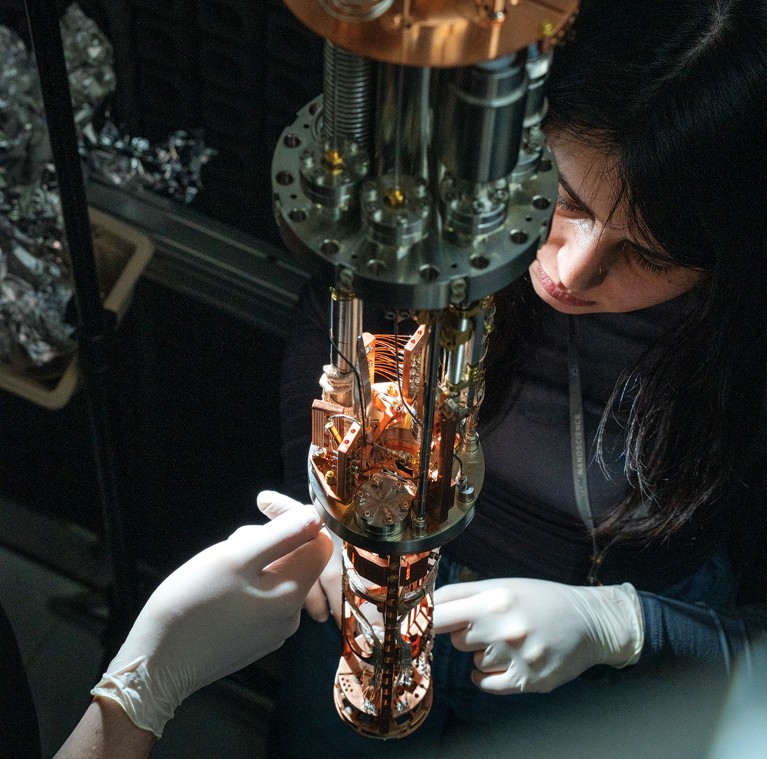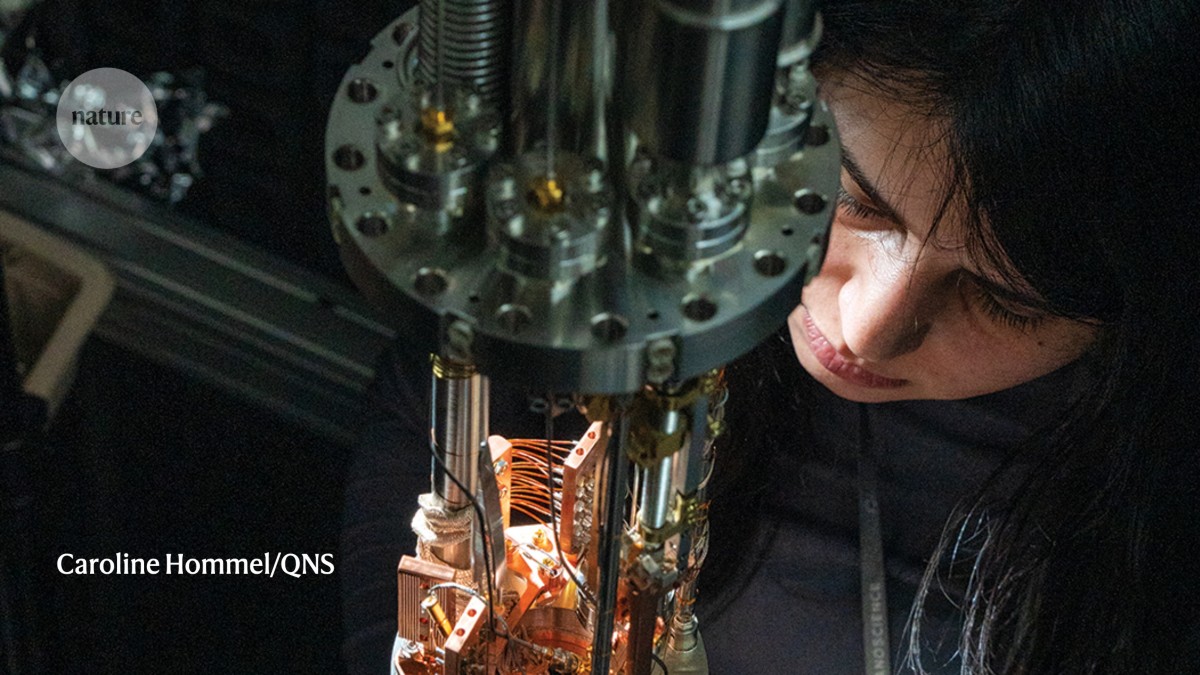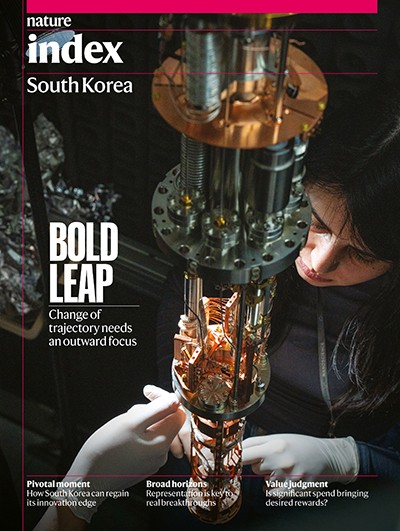
A scanning microscope at Center for Quantum Nanoscience in Ewha Womans University, Seoul.Credit: Caroline Hommel, QNS
With more researchers per capita and a higher spend on research and development than any leading country in the Nature Index, it’s clear that South Korea invests heavily in science. But its ‘bang for buck’ — judged by pitting research spend against output in the Nature Index, measured by Share — is surprisingly low.
Nature Index 2024 South Korea
This disconnect chimes with the many challenges that South Korea faces, including concerns over the country’s status as an innovation powerhouse and signs that its historically close ties between industry and academia might be faltering. Add to the mix the world’s lowest birth rate and declining student numbers, and South Korea seems to be at an inflection point, where it either pivots and adapts, or struggles to keep pace.
Many researchers would like to see the country engage in more diverse partnerships, in addition to those with the United States and China, its two strongest collaborators in the Nature Index. South Korea’s acceptance into the European Union’s Horizon Europe funding programme is a positive step, but domestic conditions need to improve to help it forge more international links. Foreign researchers cite language barriers and cultural divides as hindrances to staying long-term in South Korea, which is affecting recruitment at universities and companies.
What is arguably South Korea’s starkest weakness, meanwhile, could provide an opportunity for renewing its innovation potential: just 23% of its research workforce is female. Addressing the drop-off that occurs during women’s careers might be one way to cement the country’s place as a global leader in science.
These are all issues that are sure to be discussed at a Nature Index event on the future of Korean science being held in the country next year.



